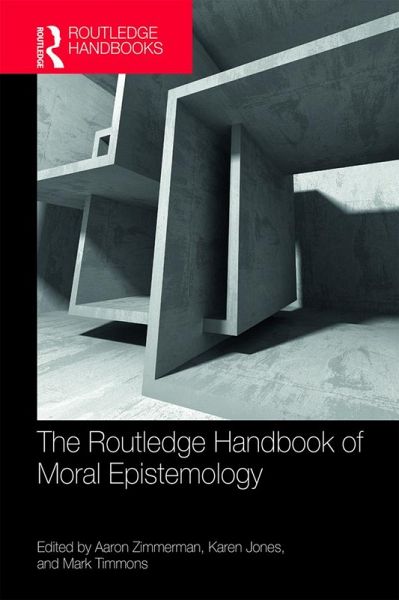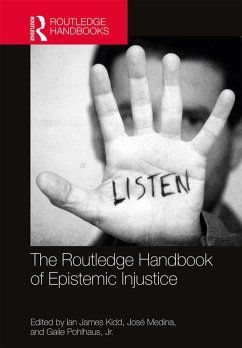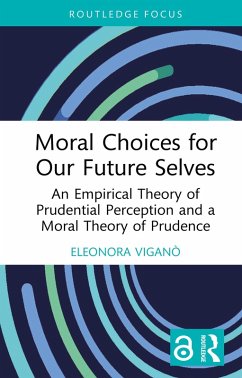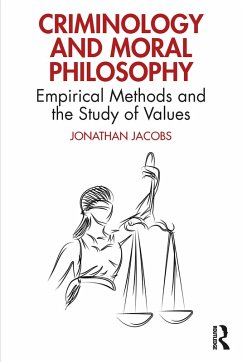
The Routledge Handbook of Moral Epistemology (eBook, ePUB)
Versandkostenfrei!
Sofort per Download lieferbar
46,95 €
inkl. MwSt.
Weitere Ausgaben:

PAYBACK Punkte
23 °P sammeln!
The Routledge Handbook of Moral Epistemology brings together philosophers, cognitive scientists, developmental and evolutionary psychologists, animal ethologists, intellectual historians, and educators to provide the most comprehensive analysis of the prospects for moral knowledge ever assembled in print. The book's thirty chapters feature leading experts describing the nature of moral thought, its evolution, childhood development, and neurological realization. Various forms of moral skepticism are addressed along with the historical development of ideals of moral knowledge and their role in l...
The Routledge Handbook of Moral Epistemology brings together philosophers, cognitive scientists, developmental and evolutionary psychologists, animal ethologists, intellectual historians, and educators to provide the most comprehensive analysis of the prospects for moral knowledge ever assembled in print. The book's thirty chapters feature leading experts describing the nature of moral thought, its evolution, childhood development, and neurological realization. Various forms of moral skepticism are addressed along with the historical development of ideals of moral knowledge and their role in law, education, legal policy, and other areas of social life.
Highlights include:
. Analyses of moral cognition and moral learning by leading cognitive scientists
. Accounts of the normative practices of animals by expert animal ethologists
. An overview of the evolution of cooperation by preeminent evolutionary psychologists
. Sophisticated treatments of moral skepticism, relativism, moral uncertainty, and know-how by renowned philosophers
. Scholarly accounts of the development of Western moral thinking by eminent intellectual historians
. Careful analyses of the role played by conceptions of moral knowledge in political liberation movements, religious institutions, criminal law, secondary education, and professional codes of ethics articulated by cutting-edge social and moral philosophers.
Highlights include:
. Analyses of moral cognition and moral learning by leading cognitive scientists
. Accounts of the normative practices of animals by expert animal ethologists
. An overview of the evolution of cooperation by preeminent evolutionary psychologists
. Sophisticated treatments of moral skepticism, relativism, moral uncertainty, and know-how by renowned philosophers
. Scholarly accounts of the development of Western moral thinking by eminent intellectual historians
. Careful analyses of the role played by conceptions of moral knowledge in political liberation movements, religious institutions, criminal law, secondary education, and professional codes of ethics articulated by cutting-edge social and moral philosophers.
Dieser Download kann aus rechtlichen Gründen nur mit Rechnungsadresse in A, B, BG, CY, CZ, D, DK, EW, E, FIN, F, GR, HR, H, IRL, I, LT, L, LR, M, NL, PL, P, R, S, SLO, SK ausgeliefert werden.













